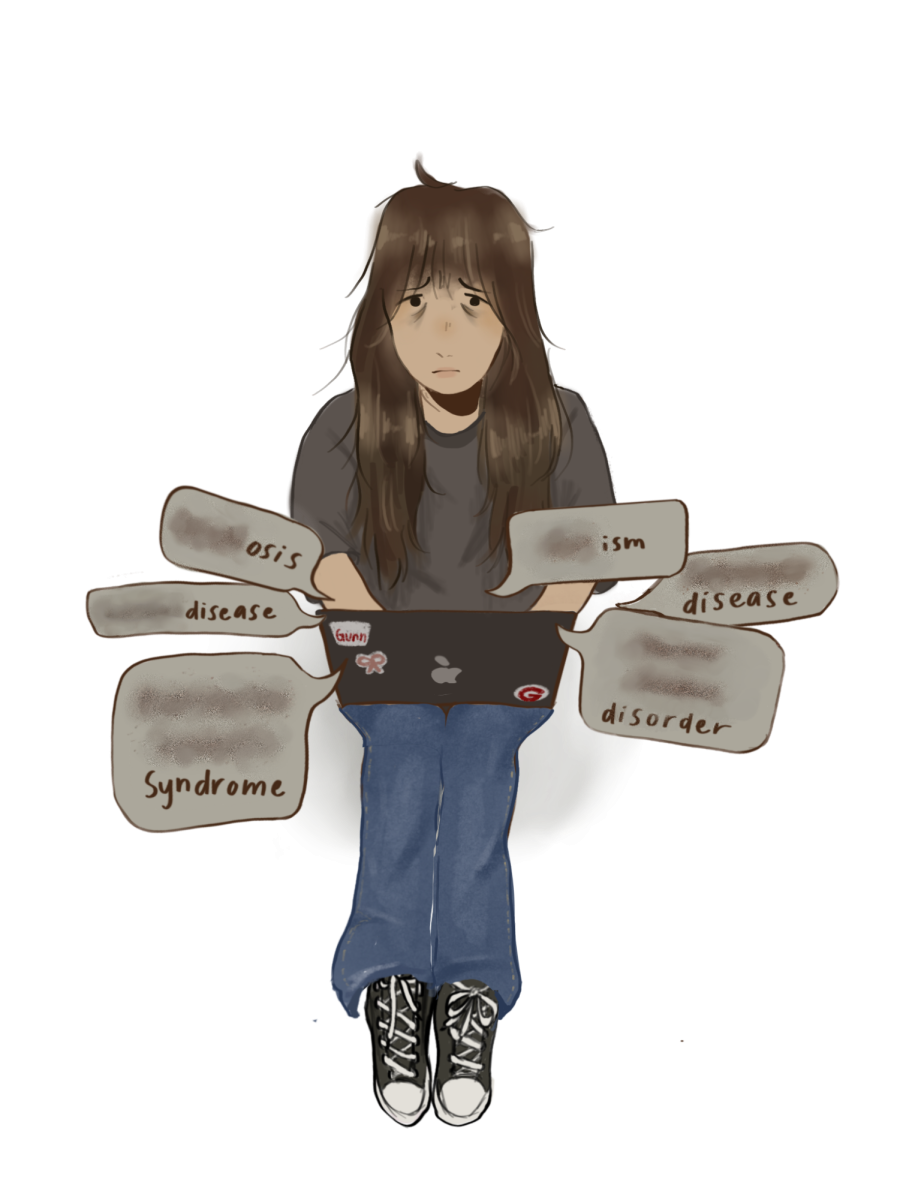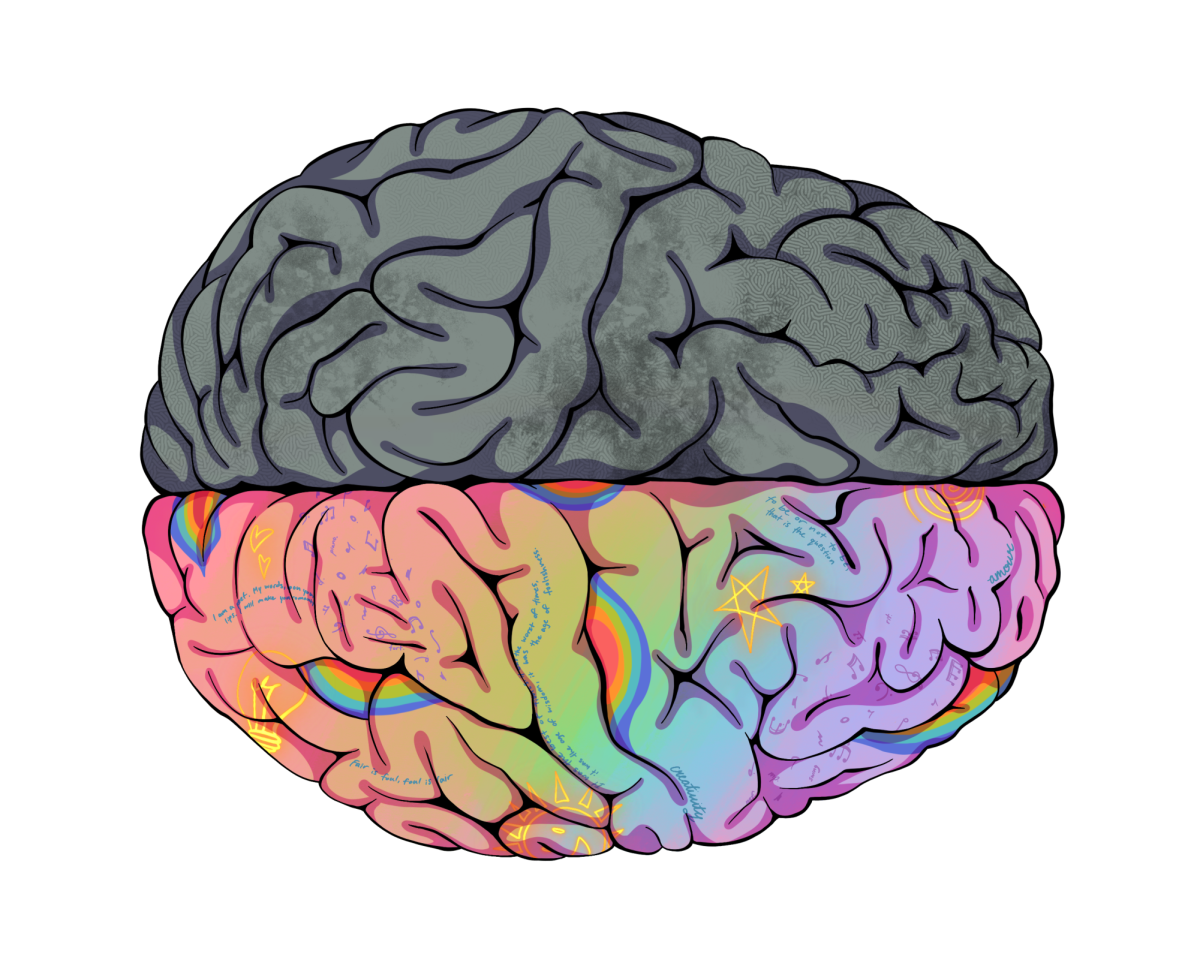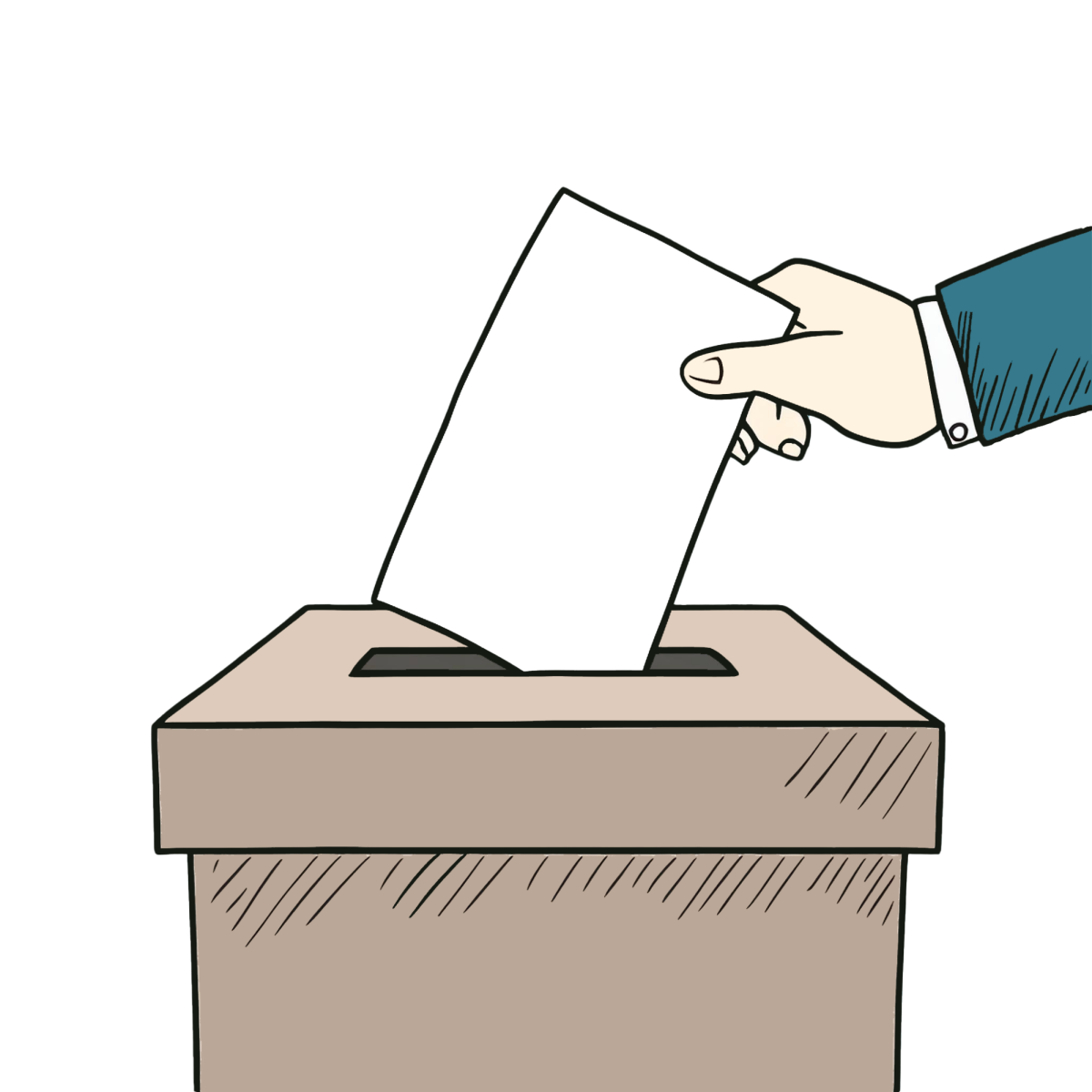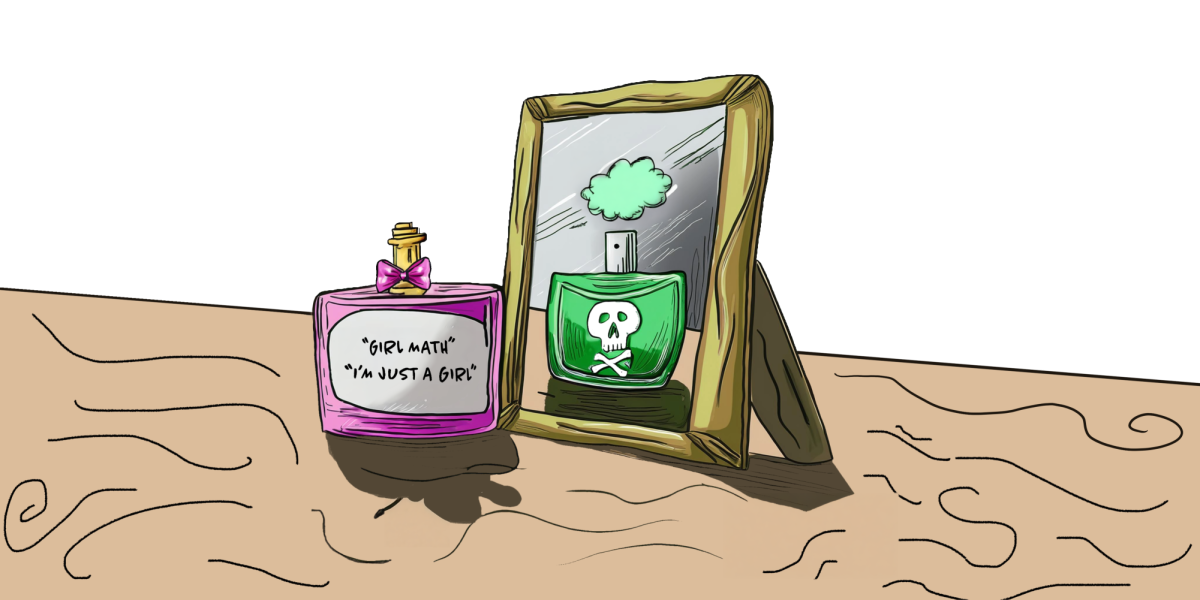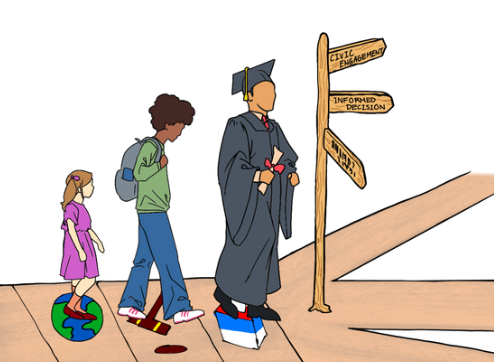As medical technology becomes increasingly accessible and popular, the accompanying resources have also become more popular. Some of the most significant of these resources include both physical and mental health resources. The rise in availability of online resources centered around health has led to a rise in reliance on technology to diagnose health conditions and an increase in misdiagnoses, which encourages self-treatments that may negatively affect one’s mental health.
While Googling symptoms can occasionally be useful for people to understand what their malady is, it is a resource often misused or misunderstood. Often referred to as “Dr. Google,” the artificial intelligence generated result from a search engine provides a synopsis of the available articles pertaining to the search. In the case of medical searches, names of diseases and its symptoms are often the first things that the reader sees. While the blanket diagnoses presented to users can be a tempting answer, they tend to not be as accurate as a doctor’s diagnosis. A survey conducted in 2019 by OnePoll discovered that 43% of people have misdiagnosed their illnesses and believed that their self-diagnosed illness was more harmful than their true diagnosis. In total, 65% of respondents had diagnosed themself at one point or another, but 74% of these respondents stated that the results had created more stress. These false results can be worrisome for individuals who are already struggling and lead to “doomscrolling,” a term coined on social media in 2020 referring to the tendency to continue scrolling through news and videos on the internet, regardless of the potentially bad news it contains. This phenomenon is especially applicable to those searching for medical answers online. Being presented with the worst results can lead to a sense of panic, creating curiosity and a hunger for understanding. According to a 2023 article by University of Colorado Denver, some of the most commonly misdiagnosed illnesses include bipolar personality disorder, autism, schizophrenia and attention-deficit hyperactivity disorder. These disorders often recommend expensive, time-consuming treatments that could be incredibly dangerous if administered to the wrong person.
Additionally, misdiagnoses lead to improper treatment, which can turn out to be even more harmful to the patient than no treatment at all. With more over-the- counter medications, incorrectly treating one’s symptom can be far worse than just a slight misunderstanding, and can lead to long-term health defects. A 2023 study from Indiana University showed that college students who self- diagnosed their mental illness, such as depression and social anxiety disorder, were between five and 11 times more likely to be incorrect about their illness than correct. Treatment for mental health disorders often include medications that can be dangerous if taken by those who don’t require it, increasing the risk of complications and mood swings. According to National Public Radio in 2017, the Food and Drug Administration approximates that 1.3 million individuals around the country are injured due to medication errors each year. Many of these injuries are caused by misinformation, often stemming from websites either lacking proper education, or applying a blanket statement that is irrelevant to the vast majority of cases.
When online sources generalize their claim (for example, “For treatment of a headache, one should take Advil”), it can be misleading to readers. This leads those seeking information towards potentially improper treatment, which can be ineffective or harmful to the patient.
Although the internet is a helpful and accessible resource that has saved many people a trip to the doctor, it can hold deeper dangers to those who misuse the available information. The surplus of medical information on the internet can often create a potential for fixating on medical knowledge, causing detriment to the mental stability of those who continue to pursue it in an unhealthy way. Known as “cyberchondria,” the National Institutes of Health defines this disease as “a clinical phenomenon in which repeated Internet searches regarding medical information result in excessive concerns about physical health,” and is often linked to other mental health struggles, including anxiety and depression.
Some may say, however, that the internet and AI is an accessible way for those lacking the resources to seek medical advice from a medical expert. While some doctors are often difficult to reach or expensive, many areas offer free or low-cost clinics, as well as over-the- phone advice nurses who have registered medical license. These alternatives are safer and help individuals better interpret their symptoms instead of relying on websites that aren’t accurate or provide extreme outcomes. Although the occasional internet search on one’s health can be beneficial to those simply looking for more information, a continuous reliance on these resources is often misleading and will place individuals in a far worse position than the one they started in.
Public initiatives, such as the Health Resources and Services Administration, provide access to healthcare, regardless of what patients can pay. When individuals bypass free, and often government-funded options such as these in favor of online resources, they are undermining the efforts created in order to make medical welfare supplies and consultations more accessible. These services are implemented for the better of the community, and not utilizing them not only decreases patients’ likelihood for improved treatment, but contributes to the ignorance surrounding them. Without enough patients, services such as these are often shut down and are no longer able to serve the public.
As accessibility in medical information online increases, the caution regarding it needs to as well. Although it can be a useful tool and provide information to those lacking the resources, the harm often outweighs the benefits, often causing misdiagnoses, and improper treatment that negatively impact one’s mental health. Therefore, the internet should not be viewed as a replacement for medical advice, and should instead be regarded as a resource to expand one’s knowledge after receiving a professional opinion.


